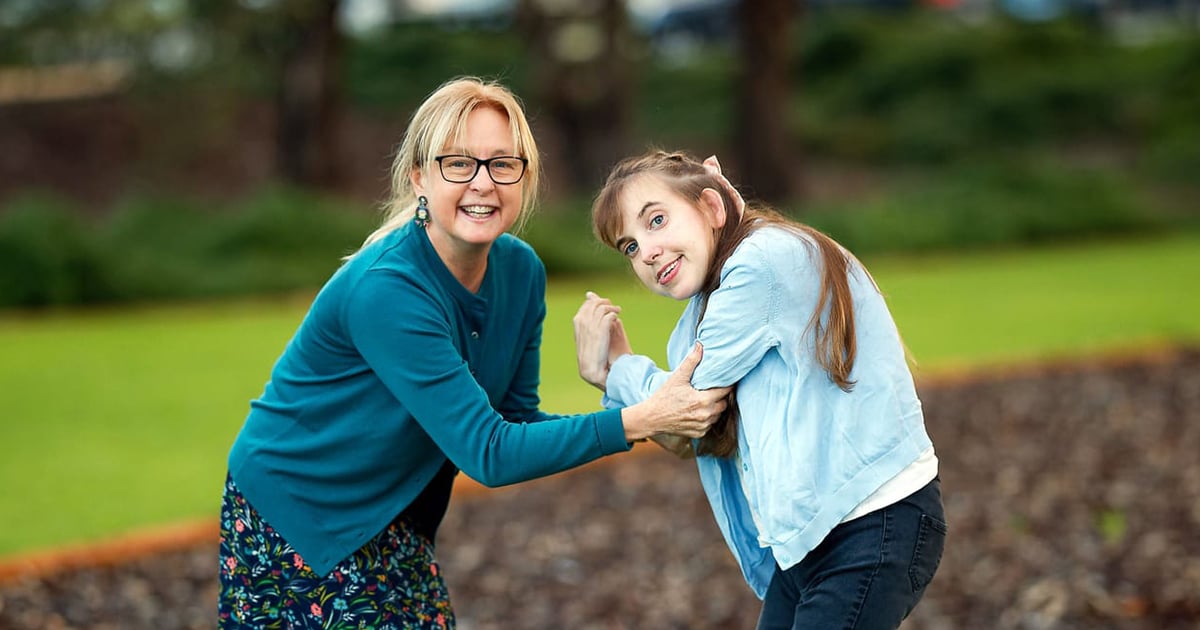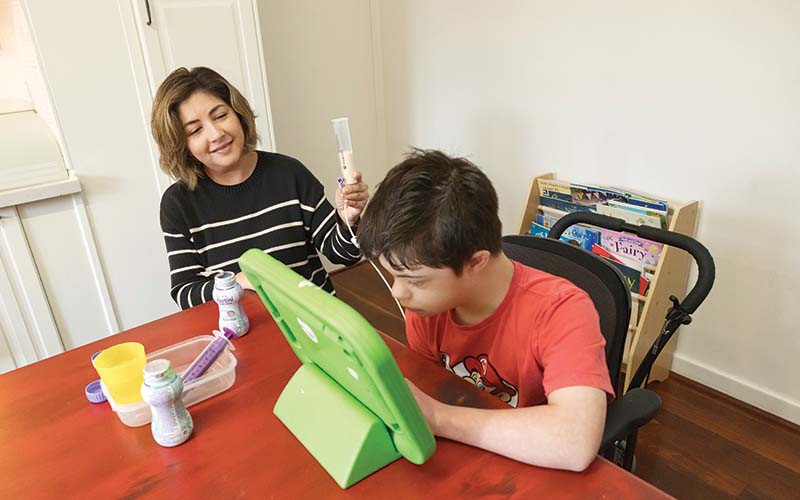Search
Research
Can Respiratory Hospital Admissions in Children with Cerebral Palsy Be Reduced? A Feasibility Randomized Controlled Trial (RESP-ACT)To investigate the feasibility of implementing recommendations of the consensus statement for the Prevention and Management of Respiratory Disease in children with severe cerebral palsy (CP) via RESPiratory hospital Admissions in children with cerebral palsy: a feasibility randomized Controlled Trial (RESP-ACT).
Research
Parental Experiences of Having a Child Diagnosed With Septo-Optic DysplasiaSepto-optic dysplasia (SOD) is a congenital disorder affecting 1 in 10,000 births, defined by the presence of at least two of a clinical triad, consisting of optic nerve hypoplasia, midline brain defects and pituitary hormone deficiency. Children with SOD may have vision impairment, hormonal deficiencies, developmental disorders, or epilepsy, but the clinical picture is highly variable. The complexity of SOD, its interplay with family factors, and the need for multiple specialty commitments can make the diagnosis period a challenging time for families.

News & Events
Driving change for children with disabilityToday marks International Day of People with Disability (IDPwD), a United Nations initiative that encourages communities around the world to deepen their awareness, understanding and acceptance of people with disability.

News & Events
Pioneering new treatments for leukaemia in children with Down syndromeA team of world-leading scientists has secured $5 million in funding from the Leukaemia and Lymphoma Society to advance the fight against leukaemia in children with Down syndrome.

For thousands of children around Australia with intellectual and other disabilities, the process of eating can be traumatic, posing challenges that veer from uncomfortable to life threatening.
Research
Rett Syndrome Behaviour Questionnaire: Variability of Scores and Related FactorsRett syndrome (RTT) is a severe neurodevelopmental disorder affecting predominantly females and associated with variants in the MECP2 gene. Recent success in clinical trials have resulted in an expanded use of the Rett Syndrome Behaviour Questionnaire (RSBQ) for clinical and research purposes.
Research
Patient and carer priorities for research and clinical care of children with Down syndromeDown syndrome, the most common genetic disorder, is caused by the presence of all or part of a third copy of chromosome 21. We identified the top 10 patient and carer research priorities for children with Down syndrome.
Research
The Definition of Cerebral PalsyCerebral palsy (CP) should not be considered as a diagnosis but as a label; it is an umbrella term, primarily affecting posture and mobility. The definition is not sufficiently precise to guarantee agreement as to which patients to include under this label, but the additional inclusion criteria required are not yet internationally standardised.
Research
Epidemiology of the Cerebral PalsiesEpidemiology of cerebral palsy (CP) aims to describe the frequency of the condition in a population and to monitor its changes over time, and a guide to the management of patients. Classification of CP is an important step toward describing more homogenous subgroups of persons with CP.
Research
The application of population data linkage to capture sibling health outcomes among children and young adults with neurodevelopmental conditions. A scoping reviewSiblings of children with neurodevelopmental conditions have unique experiences and challenges related to their sibling role. Some develop mental health concerns as measured by self-reported surveys or parent report. Few data are available at the population level, owing to difficulties capturing wide-scale health data for siblings. Data linkage is a technique that can facilitate such research.
